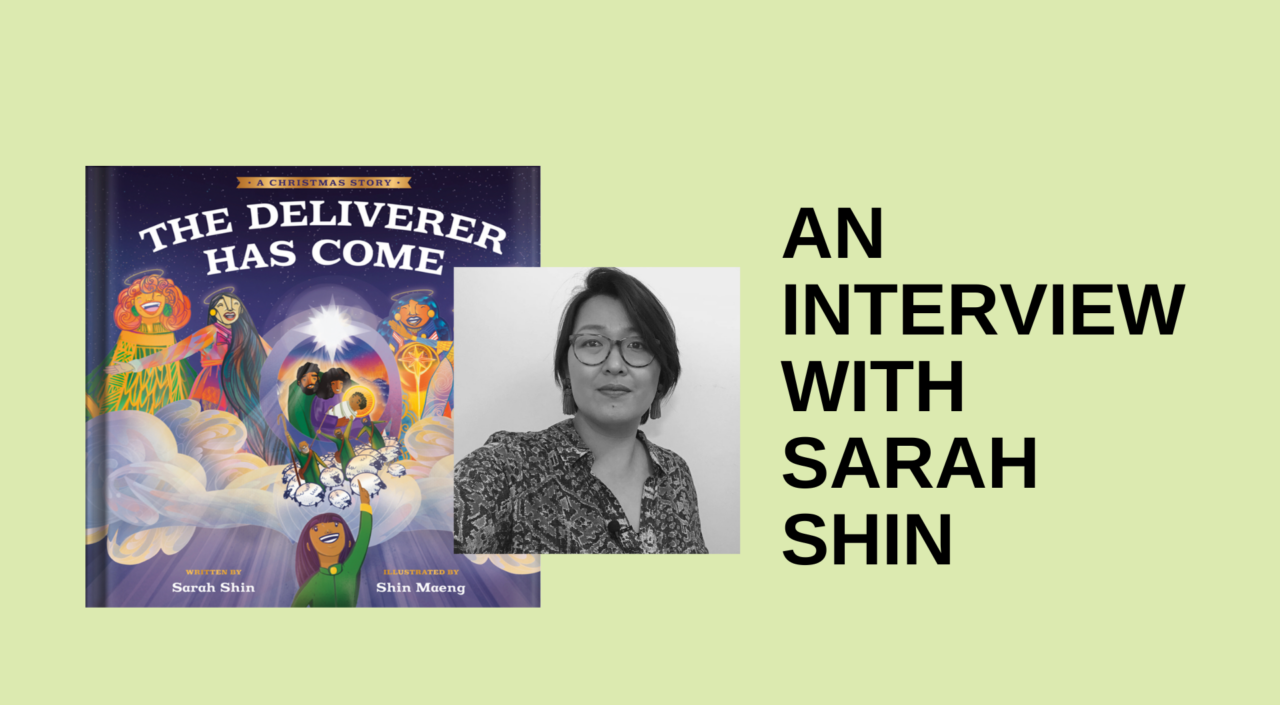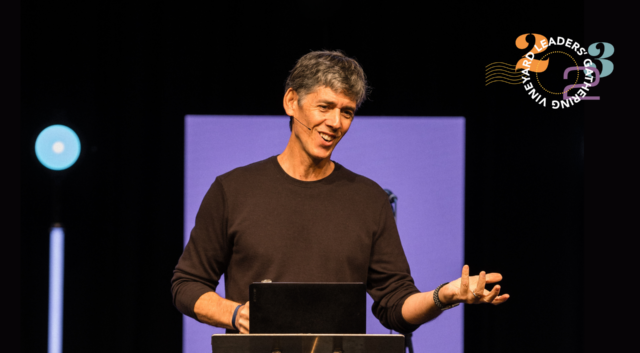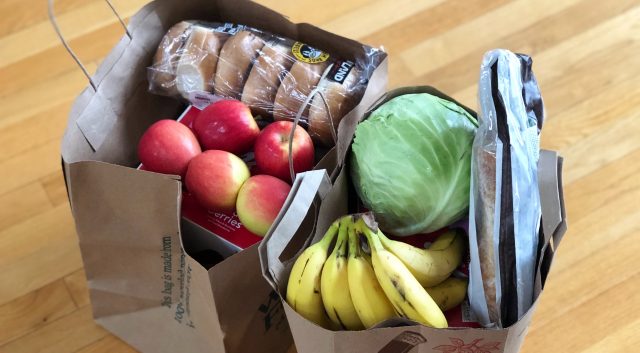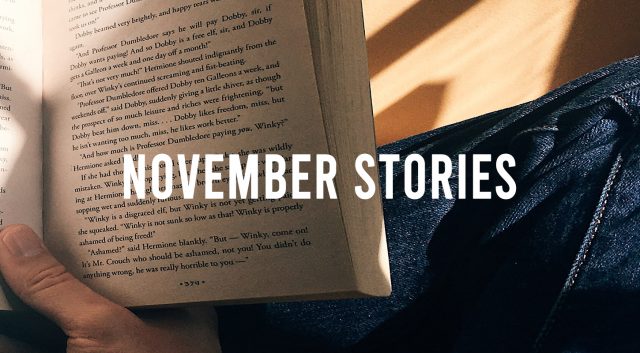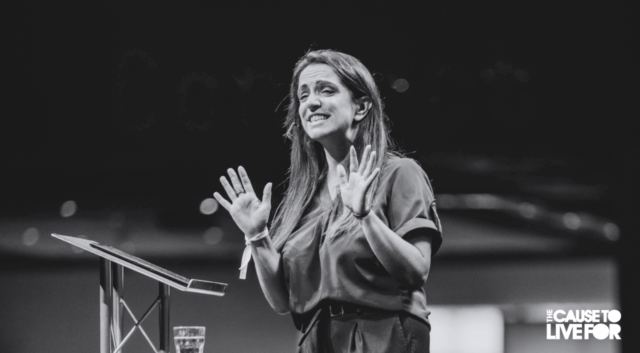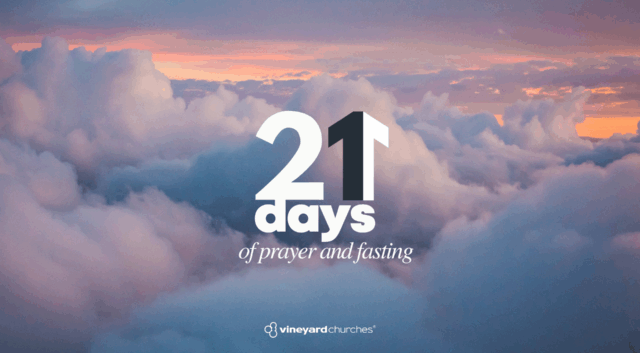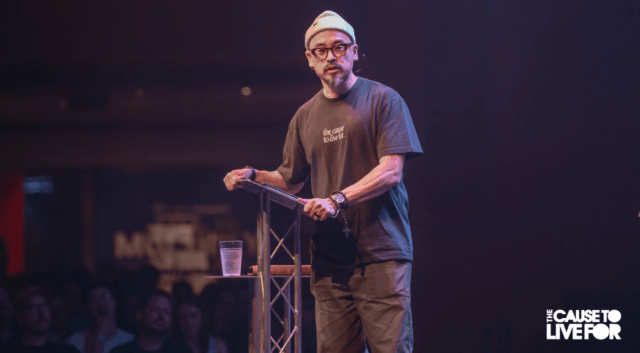VCUKI: Sarah you have lots of exciting projects going on. I’m amazed at all of the different aspects of your life, and we do want to find out more about your latest project – the book, The Deliverer Has Come, but let’s start with how you have ended up where you are now. You’re not from Scotland and yet you’re in Aberdeen. You’re in Catalyst vineyard. How did you get there? Where have you come from? Give us some background.
Sarah: How do I answer this succinctly? I came to Scotland to study, but before that journey, I was the Associate National Director of Evangelism for InterVarsity Christian Fellowship, USA. I was a resource specialist helping to equip ministries in our movement when a lot of difficult stuff started happening in the states surrounding race, protests and Black Lives Matter. Working with students in a university context, you didn’t really have a choice to be silent about these things. My background in city planning (geography) as well as theology was helpful navigating some of these conversations. I helped develop more resources for ministers to use, and by the year I left the States, I was on a plane every other week, speaking and teaching in many different parts of the country with people that really wanted to talk about faith, Scripture and justice, and particularly as it relates to ethnicity and race. Those experiences and stories informed a book I wrote in 2017 with InterVarsity Press called Beyond Colorblind. As I was speaking and traveling around the country, I met many pastors who had multiple seminary degrees but didn’t know how to talk about what was going on, how to connect critical conversations about scripture, ethnicity, and God’s heart for reconciliation and justice.
This really bothered me. I felt like part of the issue was that we needed more than what we have in theological education. I really care about the church being the church and being a faithful witness, and so after the 50th, 60th conversation with pastors where I could see the same situation– they didn’t know what to do but the desire was there– I said, ‘okay, I have holy discontent Lord.’ I wanted to help but what I was doing felt like a band aid for a much bigger problem. At the time we were pregnant and my husband said to me, “You’ve always mentioned Scotland…I think we should pray about it.” I emailed a professor at St. Andrews, and he responded almost immediately. We moved with my one-year-old daughter to St. Andrews for an MLitt year of study, and then began my PhD at Aberdeen as COVID hit. That’s a very long answer to how I ended up in Scotland, but all this was because I really care about the church living out its mission and its context. I felt like we need better theology that talks about how God’s reconciling with us on the cross actually informs how we reconcile with other people. There was a gap I was seeing on the ground constantly, and that’s what my thesis was about.
VCUKI: That’s amazing. So, you came to study in Scotland and now you’ve just finished your PhD, which is huge. Would you like to briefly tell us what your thesis was?
Sarah: I chose to focus on the atonement that because I know that whatever we believe about God’s reconciliation with us at the Cross impacts how we talk about how humans reconcile with each other in Jesus name. I offer a constructive account of atonement, building on but also moving beyond Gustaf Aulén’s Christus Victor idea.
I use two biblical motifs, the kin-redeemer (Boaz is called the kin redeemer in Ruth) and also the jubilee, to show how the coming of the Messiah is the coming of the kin-redeemer and his jubilee. Using Old Testament and New Testament studies, I offer a biblical theology of how Jesus’ willing sacrifice brings about victory over Satan, sin, death. I describe how God continues to deliver us after he delivers us through the cross, how the Holy Spirit continue to lead us in the church, in living out that victory won at the cross, to pursue the jubilee with Jew and Gentile, whoever that might be in our context. My emphasis on the Spirit’s ongoing work reflects my commitment to having Trinitarian response to questions like: what do I believe God does? What do I believe that God continues to do?
What does it mean for the church to participate in it? I’m not thinking about a conversation that stays in academic halls. I wrote for the pastor, on the ground, who needs to teach scripture.
“I really care about the church living out its mission and its context, and I felt like we need better theology that talks about how God’s reconciling with us on the cross actually informs how we reconcile with other people.”
VCUKI: That’s amazing! That leads us on quite nicely to talk about WTC. Obviously, WTC Theology is really passionate about theologically equipping the whole church, making theology accessible and part of that is serving the pastors on the ground. You are a lecturer at WTC Theology. Tell us what you teach at WTC.
Sarah: I started teaching one module last year: charismatic evangelism and church planting. When they asked me to teach this course, I started laughing, because it was probably the only course I’d be willing to teach while still finishing my PhD. The class is moving more towards charismatic mission, evangelism, missional development. One of the things that I helped oversee when I was part of university ministry was the intersection of evangelism and planting. If there’s a church planting book, in the states, I’ve probably seen it, skimmed it, read it. I know the literature changes constantly. I know the attrition rates as well as what helps plants stay the course. I know the number one reason why missionaries leave the field is because of interpersonal conflict.
“When I think about what WTC offers and what the Vineyard UK and Ireland also have to bring, that pairing feels like this real sweet spot, you know?”
I had ministry background in teaching and coaching evangelism and planting, and integrating that with the Spirit’s leading. And wow, I really loved teaching my class and teaching people in ministry. They asked the right questions. I’m not interested in the theoretical that stays abstract. I know you need to sometimes know the answers to abstract questions, but unless it hits the ground eventually, I’m dissatisfied. I want to know how this impacts the church.
VCUKI: Sounds great. One more WTC question, as someone who’s part of a Vineyard Church and also part of the faculty at WTC, what excites you about the WTC and vineyard churches partnership?
Sarah: I really believe in teaching that integrates what you learn, that connects theory with practice. WTC gives you that. When I think about what Vineyard offers, I think of Vineyard churches as spaces where you get to experience the Spirit, where you’re doing evangelism, where you’re caring for the poor. There’s so many things that Vineyard does! But then to have theological training and support as part of that, I think that’s a huge gift. There are many things that help equip someone to become a strong and faithful leader and pastor, and WTC and Vineyard UK offer complementary training–that’s exciting for me. When I think about what WTC offers and what the Vineyard UK and Ireland also have to bring, that pairing feels like this real sweet spot.
VCUKI: We love WTC! Onto our next question, you spoke at the Vineyard Leaders Gathering this year on Evangelism and Ethnicity. We’ve already heard some of your heart behind this but why is this a topic you’re passionate about?
“We wanted to help a little kid feel like they’re in the story.”
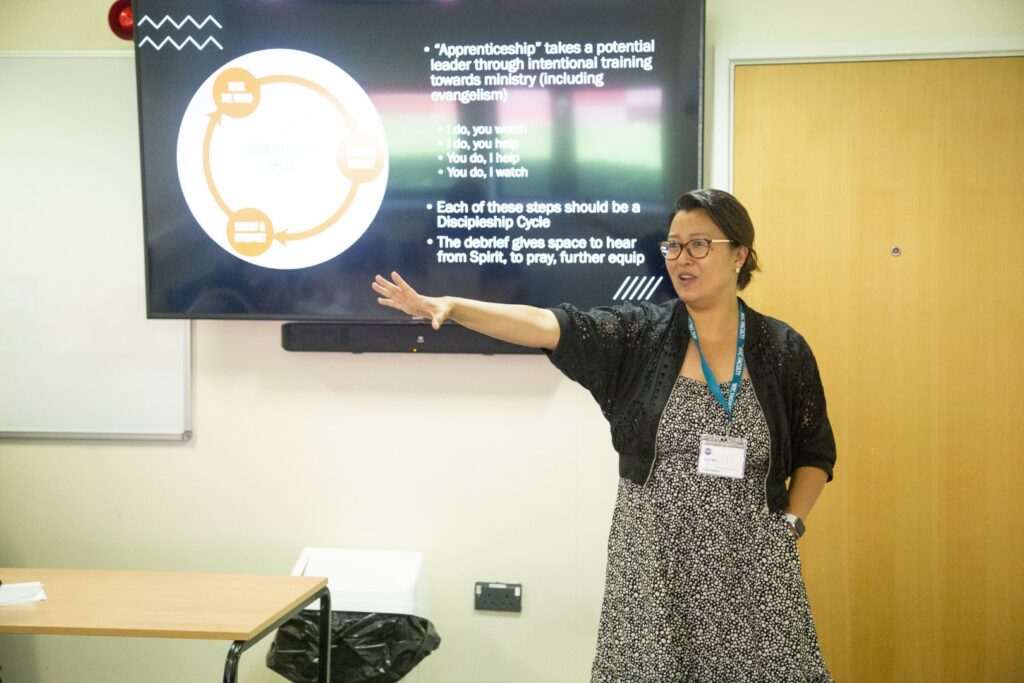
Sarah: So, I’m Korean American, and my culture and ethnicity impact my daily everyday life. When I was a secondary student, there was a lot of racial tension at my school. For me, stepping into a space where I was being formed and discipled in church and in my Christian fellowship on campus, where they were able to speak into the things going on in my life and the things that affected me in my ethnic background, whether it was family, whether it was difficult experiences or racism, whatever it might be. That was huge and credible witness to me, because it meant that this faith really had hope to offer, that there’s no corner of our lives where Jesus, where Holy Spirit can’t speak into and transform. I was actually seeing Christians who were faithful, of every ethnic background, taking the Scripture seriously and taking the troubles of the world seriously, saying ‘there’s good news’ into all of that. I personally saw the transformation that happened when you actually speak to people’s real lives.
“I was actually seeing Christians who were faithful, of every ethnic background, really taking the Scripture seriously and taking the troubles of the world seriously, and saying ‘there’s good news’ into all of that. I personally saw the transformation that happened when you actually speak to people’s real lives.”
It takes a lot of faith to keep believing that Jesus, the Holy Spirit, and the Father has something for us today, despite everything going on in the world, and despite the church’s struggle to be faithful. It’s a journey where I’m never going to stop learning because situations keep changing but I really care about the church being the church.
VCUKI: That is wonderful insight, thank you. Finally, let’s talk about The Deliver Has Come which is being released this year. So exciting! It’s been a collaboration between you and your husband who created the beautiful illustrations for the story. So, firstly, tell us what inspired this book, and what’s the outline of the story.
Sarah: My husband Shin Maeng is a digital artist and illustrator. We had worked on a number of projects that led to really fruitful evangelism tools within InterVarsity before we came to Scotland. He put his career on hold and took on the brunt of childcare during the early years of my PhD. One day, as we were hearing out each other’s dreams, he said, ‘if I could be a children’s book illustrator, I’d be so happy.’ And a fire was started in me. I said, ‘We’re gonna go find an agent. We’re gonna contact publishers.’ And we did. We really wanted to write a children’s book on Advent, to connect the story of Jesus coming with Israel’s larger story of anticipating the Messiah coming. As we were dreaming up possible storylines, I said, ‘What if we made up a fictitious niece to the prophetess, Anna in Luke 2?’ So we created her, a girl named Anika, who grew up hearing from her Great Auntie Anna stories about the coming deliverer. We have Anika meet the angels and the shepherds, and she follows the star. She meets the Magi a little later in the story, and then eventually she gets to meet Jesus. But a big theme throughout is that she’s waiting, I think a lot of Advent is remembering God’s coming, remembering and waiting anew. That theme of waiting felt really important. And you know, what’s fun is the way my husband drew Anika, the main character. She had this blunt fringe and so she kind of looks like our daughter, who said at first glance, ‘she looks like me!’ Shin drew the angels to be multiple ethnic backgrounds, using his imagination–because who knows what angels look like, right? Artists have used human imagination to draw angels for thousands of years. What’s great about Shin’s art is that it really draws in people, especially including people that aren’t Christian. His work is captivating. It’s bright, it glows, and it shows emotion. We want this book to be something not only for Christians to read with their kids, but also a gift that you could share with anyone. And finally, we really wanted our daughter to love, love, love the story, to ask us to read it again. We wanted to help a little kid feel like they’re in the story.
VCUKI: That’s beautiful. And final question, what is your greatest hope for this book? What are you hoping for the story to inspire in children and adults who read it?
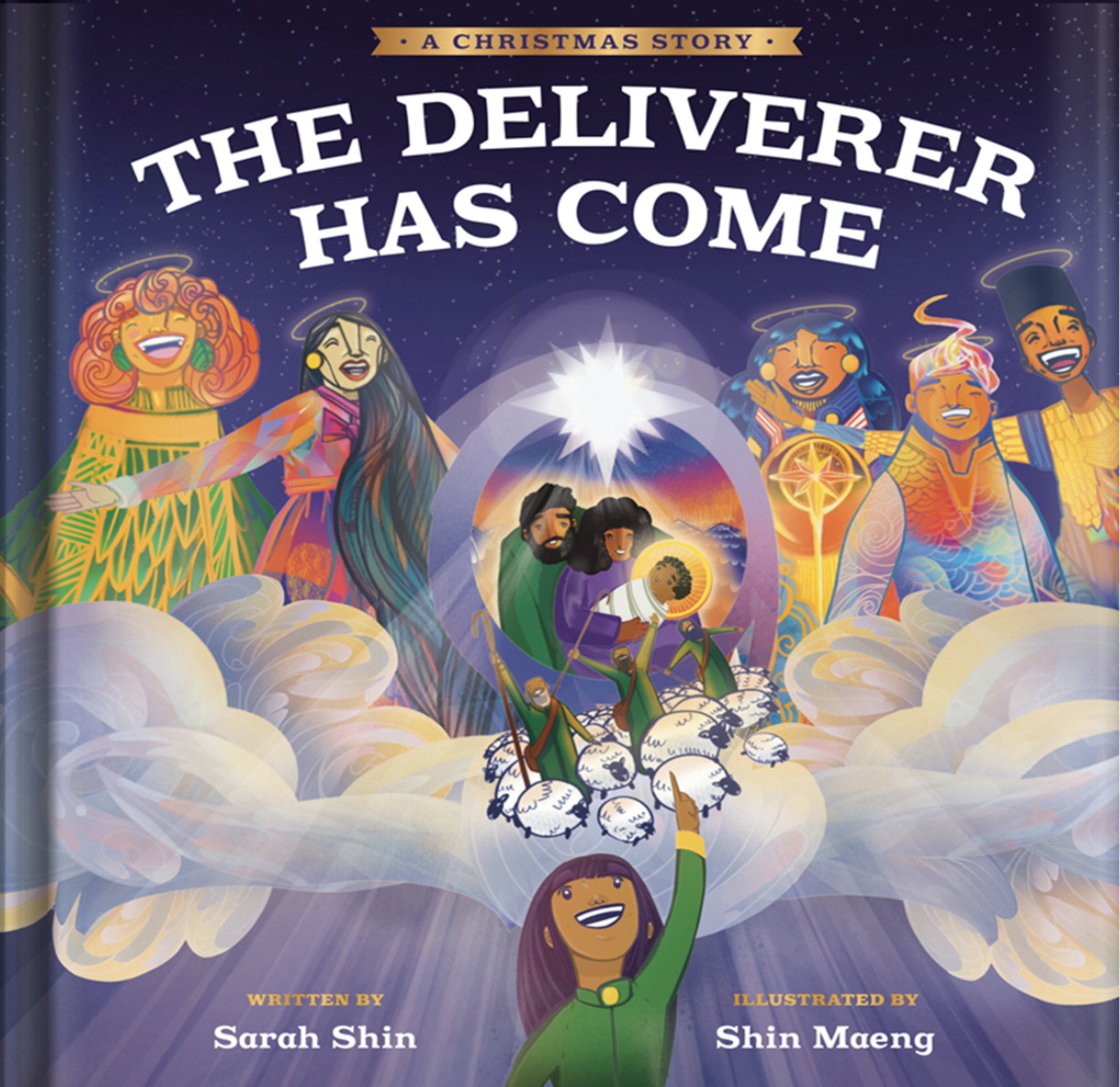
Sarah: Well, I hope it helps them get excited about telling the story of Jesus’ coming. I want kids to be able to read it with their friends. They often have far fewer inhibitions than us. I hope that it helps the church in its witness and its evangelism. We talk at Catalyst about children being at a critical age where they’re exposed to and learning about Jesus, and how that early introduction really matters. I really think we need all the Body to be the church, especially our children. We need to equip our children to be able to share about Jesus in a way that excites them. I love the idea of a child saying, ‘Come look at this book with me,’ you know? Or ‘here’s a book that I really like, I like the colours, I like the pictures.’ This could catalyze spiritual conversations with people where it might have been trickier without it. It’s not just that I want to read the book to my daughter, but also I hope it helps the church.
VCUKI: That’s so good. Do you have any final thoughts you’d like to share?
Sarah: I’m grateful to Vineyard UK and Ireland, for inviting me to interview with you and being willing to support and spread the word. There’s so much in the Vineyard that feels like home to us. And we’ve experienced so much good in the Vineyard in the UK. We live in times where it’s really apparent the church needs to be the church in ways that respond to its context. Thanks for giving this space and time.
“I really think we need all the body and I think we need children. We need to equip our children to be able to share about Jesus in a way that they’re excited about.”
The Deliverer Has Come Available in the UK from mid October
